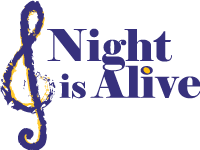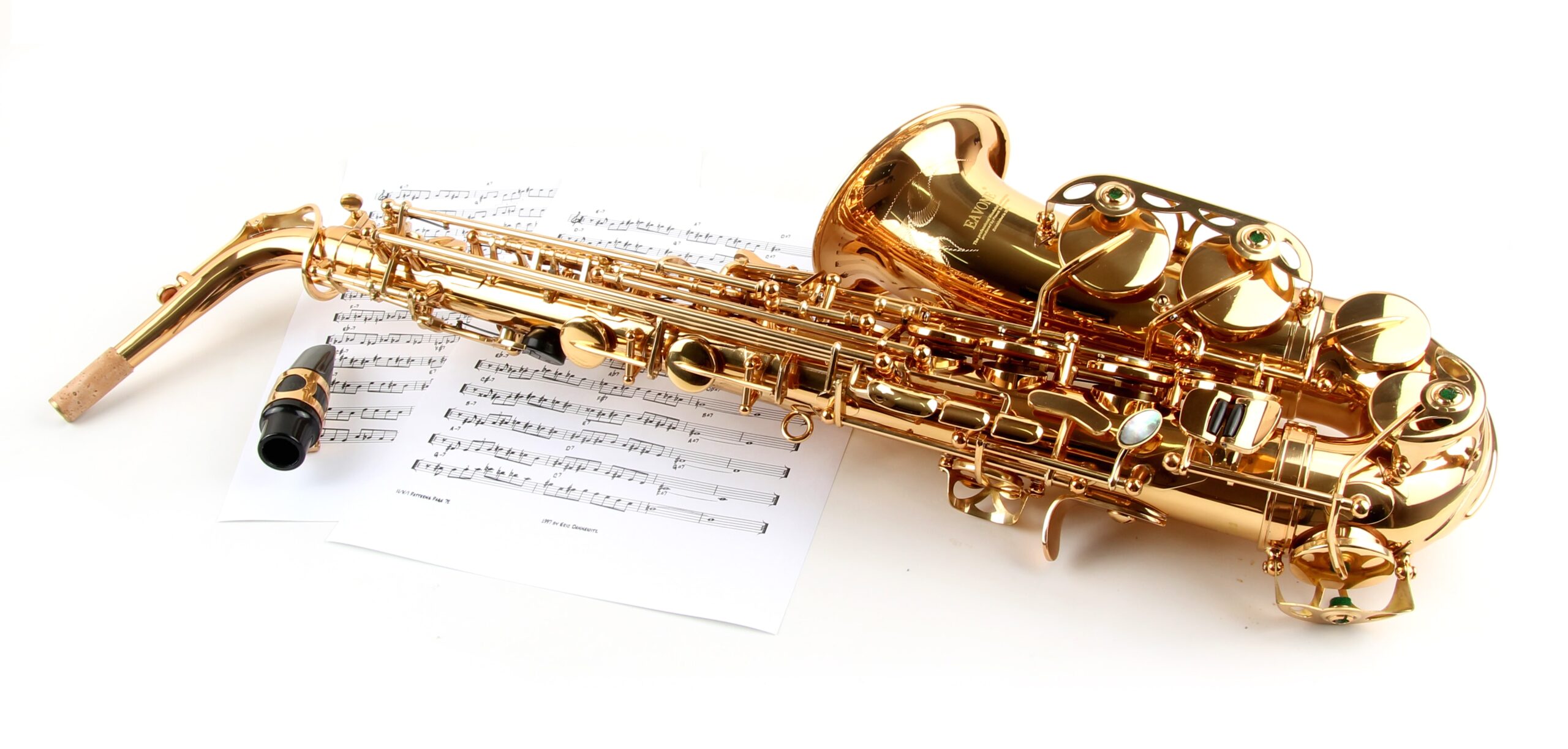Remembering Jimmy Heath: Triple Threat
Photo by EAVONE Jazzman on Unsplash
Jimmy Heath, also known as “Little Bird,” was a legendary jazz saxophonist who appeared with the Cleveland Jazz Orchestra at Playhouse Square in April 2012. Short in stature but long on talent, he was known as a “triple threat” for being a jazz composer, arranger, and musician.
Heath was born in Philadelphia, Pennsylvania, on October 25, 1926. Both of his parents had musical backgrounds. His father played clarinet in a marching band and his mother sang in the church choir. Jimmy’s older brother studied violin and later became a founding member and double bass player for the Modern Jazz Quartet. His younger brother Albert (Tootie) played drums. Jimmy Heath began playing alto saxophone at age fifteen. He and Percy attended high school in Wilmington, North Carolina, where Jimmy played saxophone in the marching band. Heath founded his first big band, the Jimmy Heath Orchestra, in 1946. After the band broke up in 1948, Jimmy and John Coltrane joined Dizzy Gillespie’s band. Jimmy also played with Gil Fuller’s Orchestra. Around that time, he switched to tenor sax. He was influenced by Charlie Parker and Johnny Hodges. Unfortunately, Jimmy became addicted to heroin, which ultimately led to his dismissal from Gillespie’s orchestra. He was later convicted of selling heroin and sent to Lexington, Kentucky, where he underwent withdrawal. After his release, he was convicted
again in 1955 for dealing drugs and sentenced to six years in prison. While incarcerated, he composed a number of songs and conducted the prison orchestra. He also learned to play the flute.
Heath was released from prison early and met his future wife Mona Brown shortly afterward. He recorded his first album for Riverside Records in 1959. He briefly toured with Miles Davis, but the terms of his probation made it difficult for him to travel with the band. Riverside Records went out of business in 1964, leaving Jimmy without a record contract until the early 1970s. He began teaching at Jazzmobile, a free music training program in Harlem, where he was commissioned to write several major compositions.
In 1975, Jimmy, Percy, and Albert Heath formed the Heath Brothers, along with Stanley Cowell on piano. Later, Jimmy’s older son James Mtume joined the group as a percussionist. Percy Heath died in 2005, but Jimmy and Albert continued to perform and record as the Heath Brothers with other musicians.
Jimmy Heath joined the music faculty of Queens College at the City University of New York, where he taught for over 20 years.
Jimmy Heath wrote over 100 compositions and appeared on 125 recordings during his career, which spanned over 7 decades. He was nominated for a Grammy Award three times and received the NEA Jazz Masters Award in 2003. One of his noteworthy compositions, “Gemini”, was written for his daughter Rosyln and appears on his 1962 album, “Triple Threat. “ The instrumental has a ¾ time signature and features a haunting flute solo as the piece begins. “Gemini” became a hit for the Cannonball Adderley Sextet, whose live version was released in 1962. Other notable songs include ”Gingerbread Boy” and “C.T.A.”
In January 2020, the scrolling marquee at Playhouse Square announced the sad news that Jimmy Heath had died at age 93. I recalled how thrilled I was when he signed his CD “Turn Up the Heath” for me after the show in 2012.
Saxophonist Wayne Escoffery was one of Jimmy Heath’s former students at the Thelonius Monk Institute of Jazz Performance at the New England Conservatory. He appears on the recent Night Is Alive releases, “Old New Borrowed and Blue” and “My Ship.”
Author: Patricia Martin for Night is Alive

